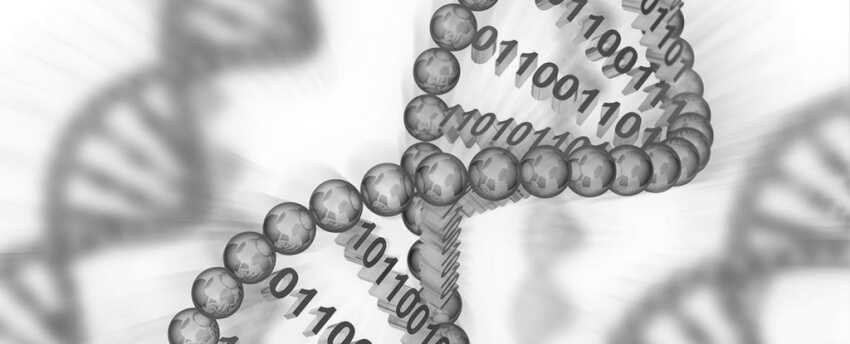The prospect of storing huge amounts of data in DNA is getting closer to reality thanks to a new data recovery technique.
Η Microsoft shows interest in synthetic DNA. The company is thinking of using it in the future as a storage medium that could solve the world's need for ever-increasing data storage. 
Previous research has shown that only a few grams of DNA can store an exabyte of data and keep it as it is for 2.000 years.
The disadvantage is that the method is quite expensive and extremely slow. Writing data into DNA includes conversion of 0's and 1's in DNA molecules (adenine, thymine, cytosine and guanine), while data recovery from DNA should include decoding the files into 0's and 1's.
Finding and retrieving specific files stored in DNA is also a very big challenge.
As the scientists from Microsoft explain Research and the University of Washington, without a random access or some possibility of selectively retrieving files from the stored DNA, we will need to decode the entire set of data it contains to find the files we want. Creating a random access would reduce the amount of processes that need to be done for each search.
So to achieve some random access to the DNA, they created a library of "primers" that bind to each DNA sequence. Primers, along with a polymerase chain reaction (PCR), are used as targets for the choice of the desired DNA fragments through a random access.
“Before synthesizing the data from a archive to the DNA, the researchers added to both ends of each DNA sequence PCR primer targets from the primer library,” he says the University of Washington.
"They then used these starters to select the desired point via random access and used a new algorithm designed to more efficiently decode and restore data to their original digital state."
Researchers have also developed an algorithm for more efficient decoding and data recovery. Microsoft researcher Sergey Yekhanin said the new algorithms are more tolerant of writing and reading DNA errors, which reduces the processes and processing required to retrieve information.
Although it is not the first time that random access to DNA has been achieved, it is the first time it has been done on such a scale, according to researchers.
The researchers encoded in a synthetic DNA a 200MB data file that ranged from 35 of 29kB to 44MB. The files contained video, audio, images and high-definition text.
After the release of the study describing the technique, they encoded and regained 400MB data in DNA.
Researchers believe that the approach they have used for random access will escalate into large DNA tanks containing several terabytes each.





